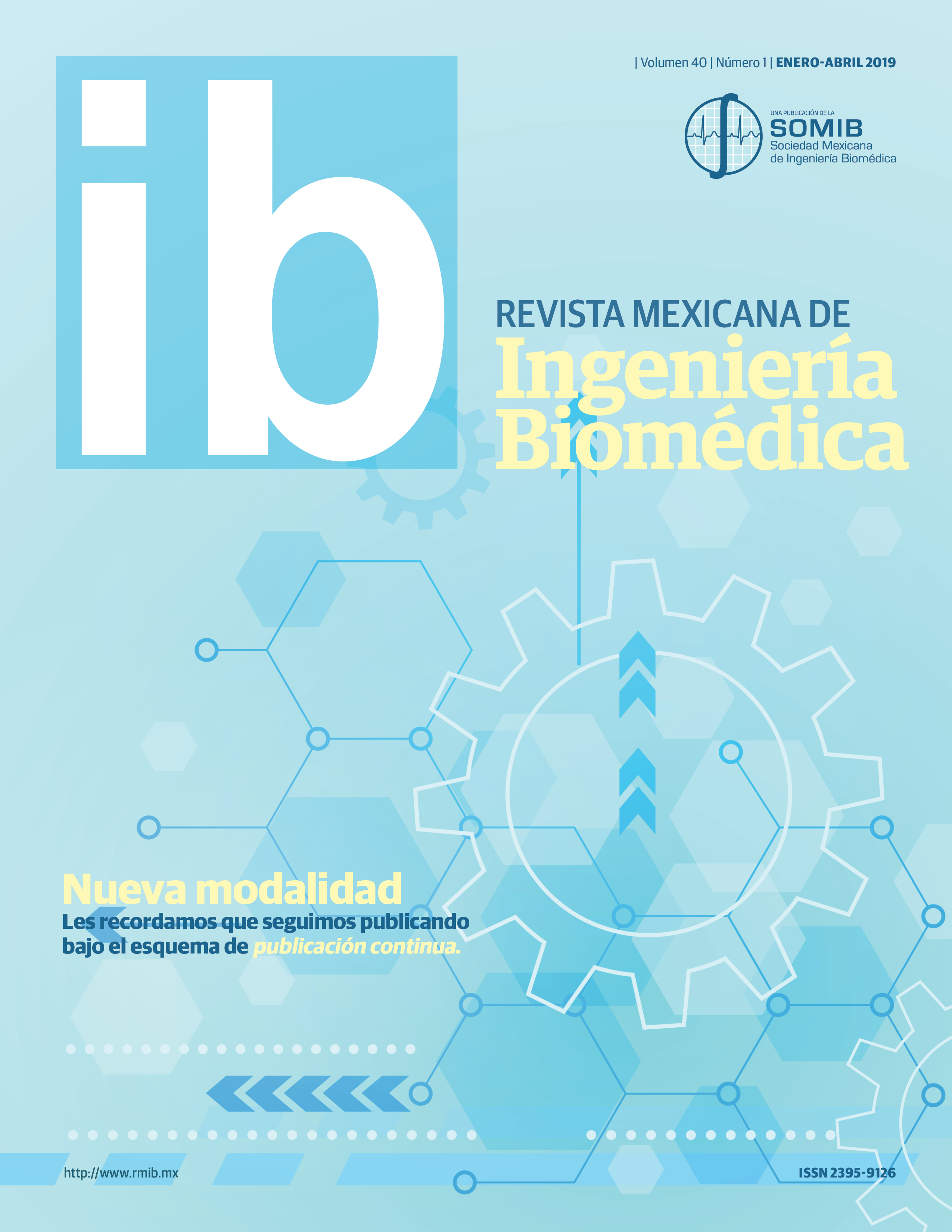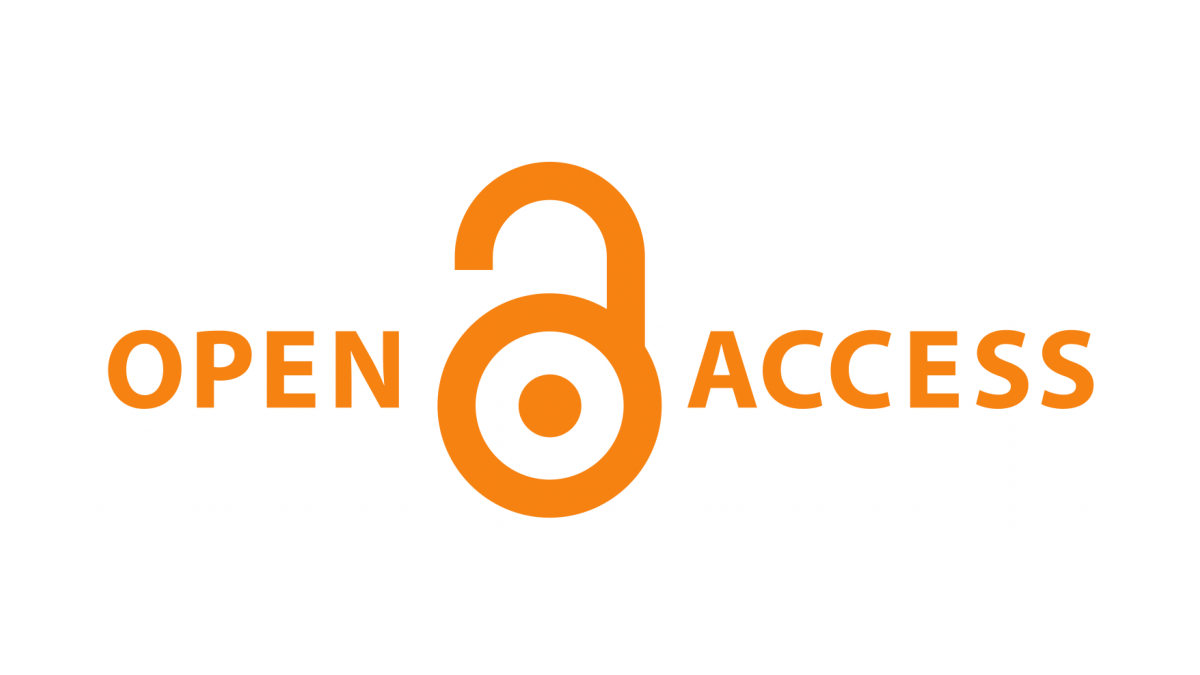A Bootstrapping Method for Improving the Classification Performance in the P300 Speller
DOI:
https://doi.org/10.17488/RMIB.41.1.3Keywords:
P300 speller, linear classifier, bootstrapping, training, averagingAbstract
In this paper, a novel approach is presented to train classifiers in a speller based on P300 potentials. The method, based in bootstrapping, is a known strategy to generate new samples but rarely used in Neurosciences. The study first shows how the performance of the classification task (detecting P300 and Non-P300 classes) could be sub-optimal in the traditional approach. Then, a new method is proposed where the training set is resampled using bootstrapping. Each classifier is re-trained using balanced sub-groups of P300 and Non-P300 individual samples. Data were collected from 14 healthy subjects, using 16 electroencephalography channels. These were filtered in bandpass and decimated. Subsequently, four linear classifiers were trained, using first the traditional method and then the proposed one, with 1000, 2000 and 3000 samples per class. Results show an improvement in the accuracy and discrimination capacity of discriminative classifiers with the proposed method, maintaining the same statistical properties between the training and test data. In contrast, for generative classifiers, there is no significant difference in the results. Therefore, the proposed method is highly recommended to train discriminative classifiers in spell-based P300 potentials.
Downloads
Downloads
Published
How to Cite
Issue
Section
License
Copyright (c) 2020 Revista Mexicana de Ingeniería Biomédica

This work is licensed under a Creative Commons Attribution-NonCommercial 4.0 International License.
Upon acceptance of an article in the RMIB, corresponding authors will be asked to fulfill and sign the copyright and the journal publishing agreement, which will allow the RMIB authorization to publish this document in any media without limitations and without any cost. Authors may reuse parts of the paper in other documents and reproduce part or all of it for their personal use as long as a bibliographic reference is made to the RMIB. However written permission of the Publisher is required for resale or distribution outside the corresponding author institution and for all other derivative works, including compilations and translations.








